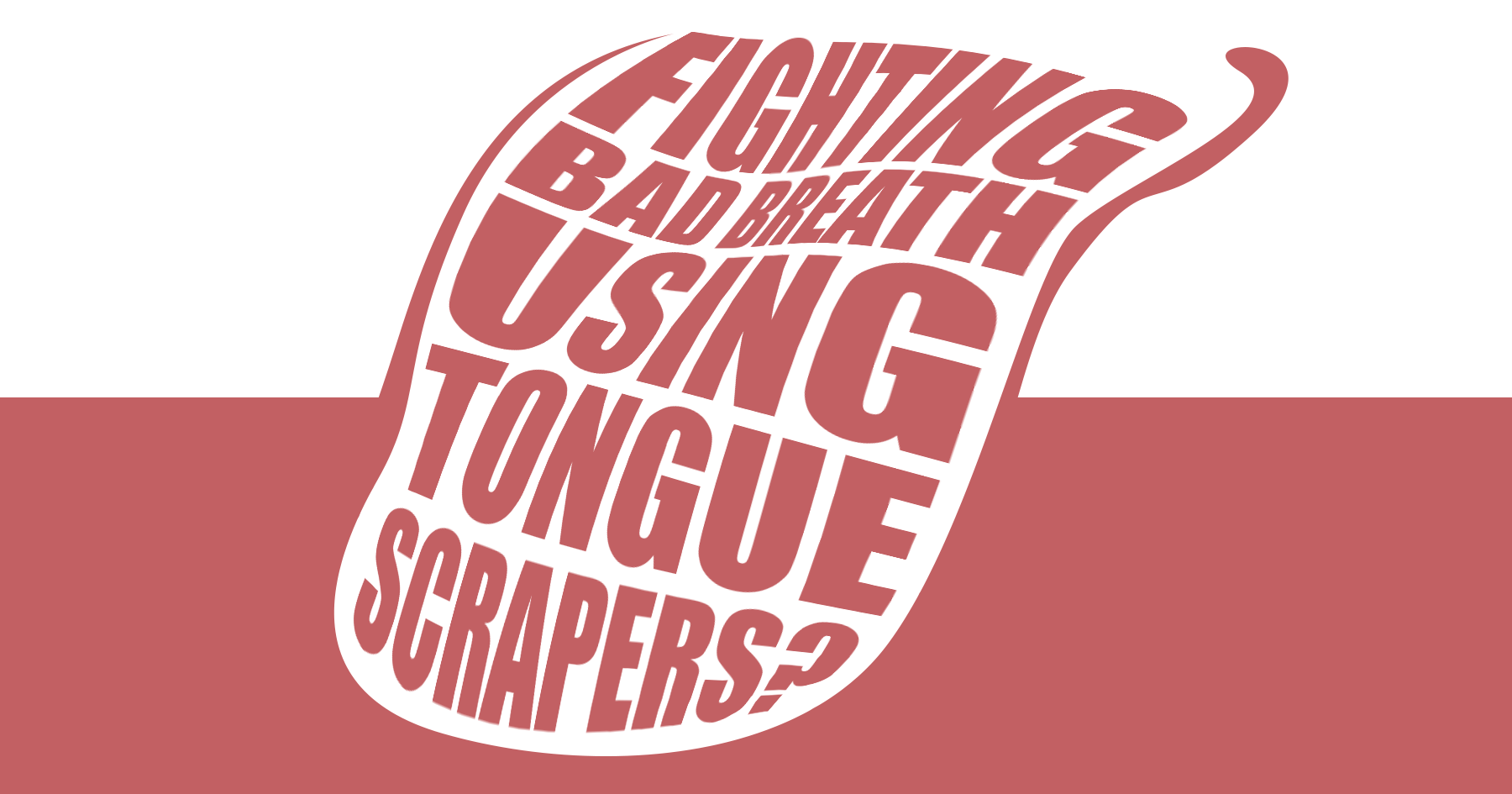Everyone’s been there—whether it’s the person you’re talking to or it’s yourself, having bad breath can make for an awkward situation. Bad breath, also known as Halitosis, occurs when food collects in your mouth around your teeth, gums, and tongue. If not removed, these leftover food particles can result in an unpleasant odor in your mouth.
How can one prevent bad breath? The answer is simple—remove all the food particles from your mouth after eating! In addition to brushing and flossing, a key component of taking care of your oral health should include using a tongue scraper. A tongue scraper works to dislodge foods and bacteria on your tongue so that they don’t have the opportunity to decompose and smell.
A review of tongue scrapers by the Cochrane Collaboration found that they were only slightly better than normal brushing at fighting bad breath, but that they did help. If you still can’t manage to keep your mouth odor at bay, try keeping a written log of what foods you eat. You may be able to see a correlation between what you are eating and your bad breath. If your bad breath persists, talk to your dentist. Bad breath can be an indicator for many diseases, like postnasal drip, diabetes, gastrointestinal disease, and liver or kidney problems.

